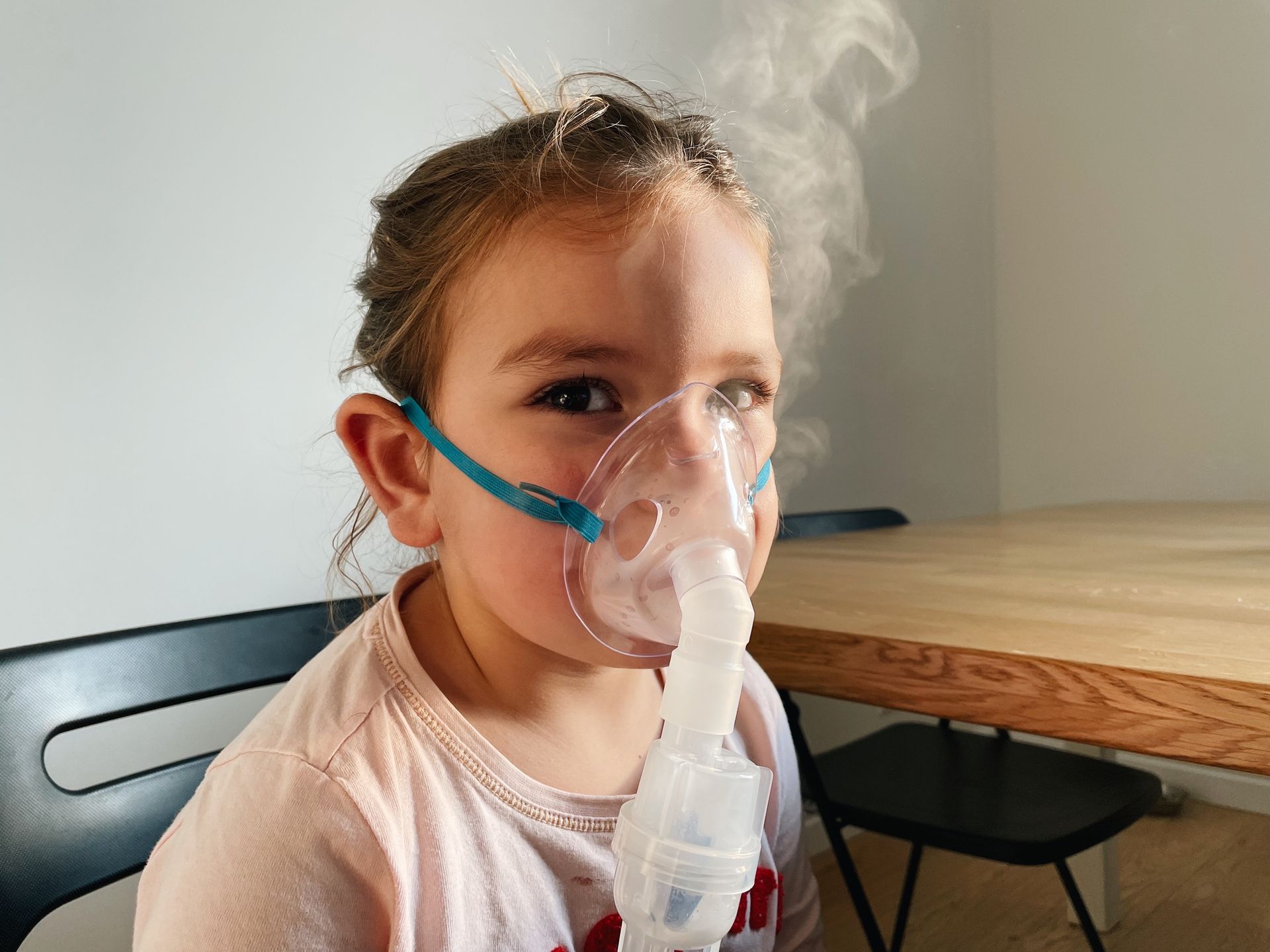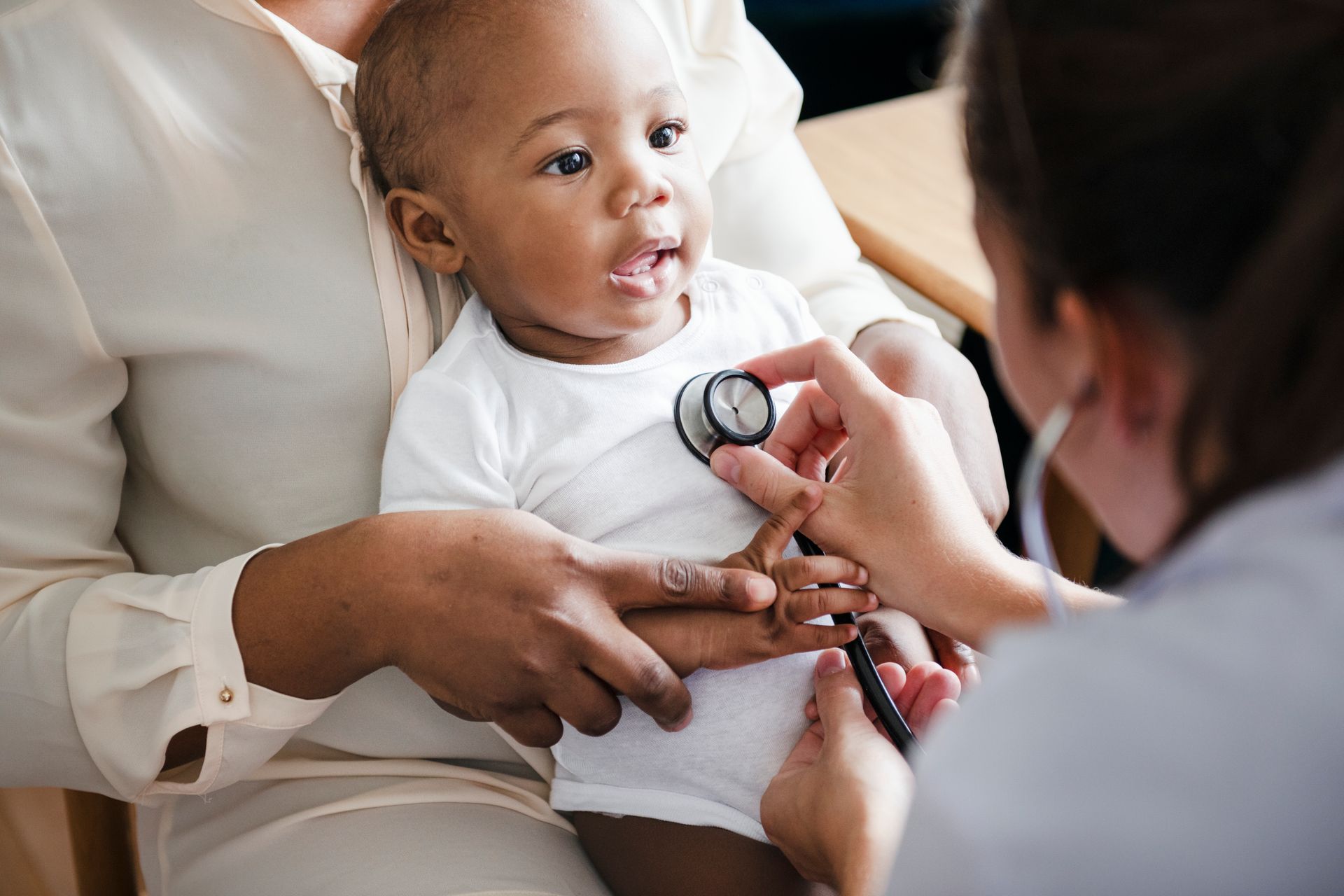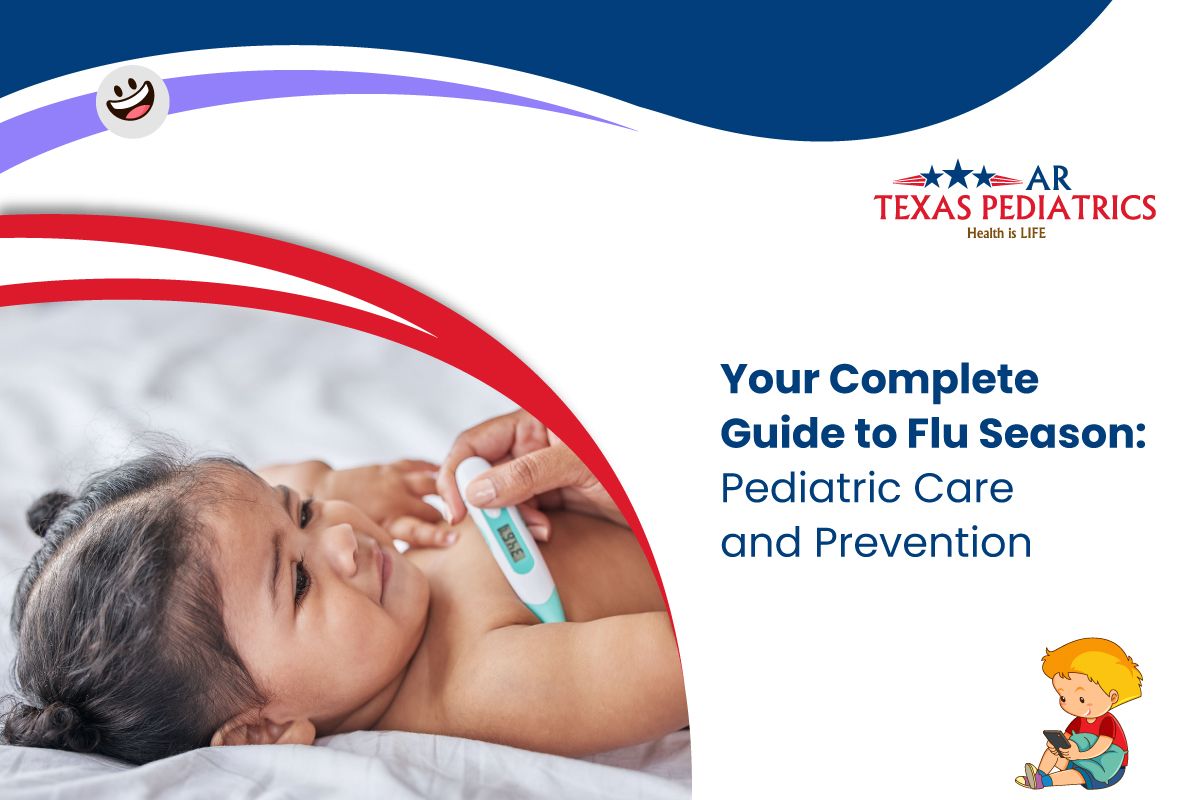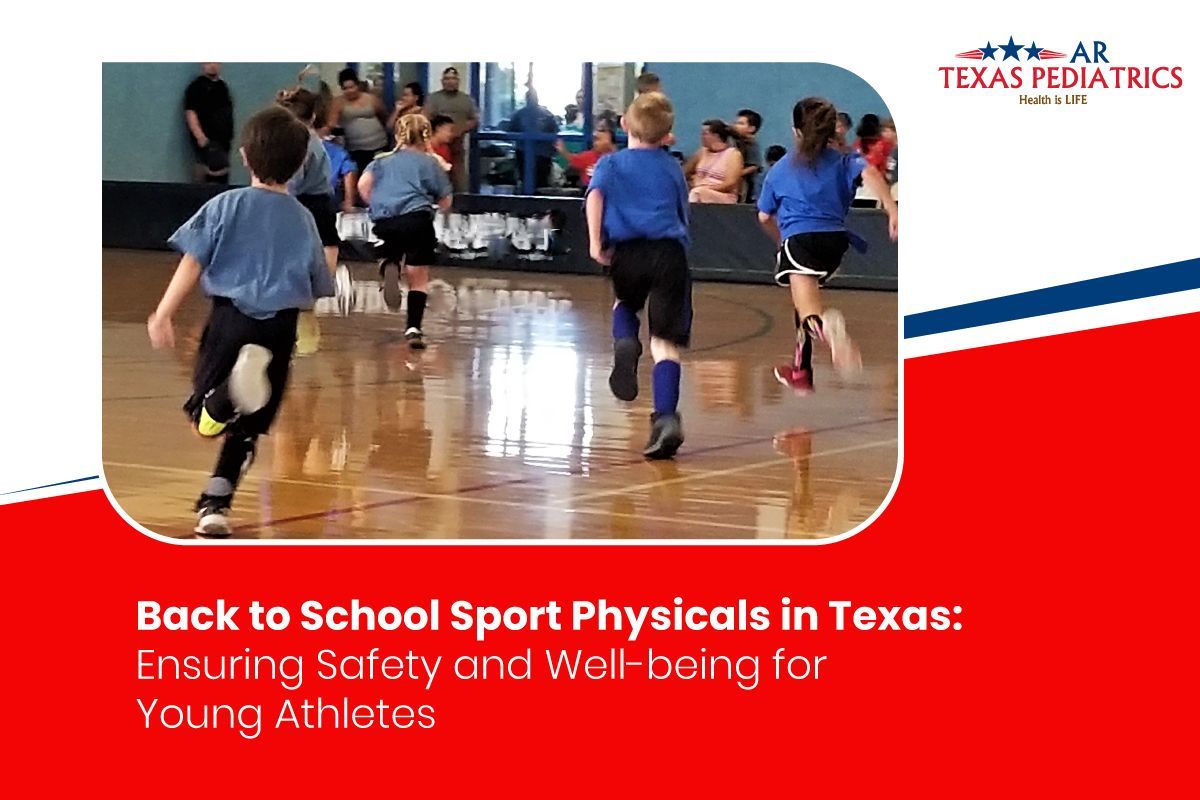
PHONE & EMAIL
When to Go to Urgent Care and ER

We've all been there as parents. Your child is sick, severely sick, and you're not sure when they should go to urgent and emergency care. This article explains the difference between urgent care and ER for kids, so next time, you can make an informed decision on when to see a doctor versus when to drive to the hospital.
What Is the Difference Between Urgent Care and Emergency Room?
When you or your child is faced with an unexpected illness or injury, you want the best possible care. When you need a doctor's care, your primary pediatrician may not be available for days at a time. What can you do when your child is sick or injured and you can't get in to see the doctor right away? This section details the difference between urgent and emergency care.
What Is Urgent Care?
It can be nearly impossible to find an open doctor's office during after-hours, weekends, or holidays, much less have a fast and convenient place. That's where urgent care comes in. An urgent care center helps fill the gap between going to your doctor for minor illnesses and needing hospital treatment. This level of ambulatory care addresses problems requiring immediate care but is not serious enough to warrant emergency room treatment.
These walk-in clinics offer services convenient for people who have a child care injury or illness that needs to be treated promptly but are not life-threatening emergencies. Urgent care centers provide X-rays, blood tests, lab work, prescriptions, physical therapy treatments, and even stitches for some cuts at lower costs than a hospital or ER visit.
Emergency Care Definition
Emergency care is the immediate treatment of an illness or life-threatening injury that could cause serious permanent disability. It aims to stabilize the patient's condition and provide transportation to a medical facility with the equipment necessary to continue treatment. Healthcare professionals can provide medical care in a hospital emergency department or at the scene of an accident by paramedics.
Emergency medical technicians (EMTs) and paramedics are trained to provide this type of care, including using life support equipment, administering medications, performing CPR, and transporting patients in ambulances equipped with advanced monitoring devices.
In the United States, emergency care is provided by various personnel, including physicians (doctors), registered nurses, licensed practical nurses, paramedics, EMTs, physician assistants, and other allied health professionals. Emergency rooms also have doctors on staff 24 hours a day, seven days a week.
When to Go to Urgent Care vs Emergency Room
When you are sick or injured, your choice depends on your particular health condition, but you can use these guidelines to know when you should seek urgent medical care or visit an emergency room. Both urgent care and emergency rooms offer a variety of services, but they're not equipped to handle every situation.
Some illnesses can be treated at either facility, but others require immediate attention from an emergency room doctor. Moreover, urgent care visit costs are typically much less than an emergency room visit, and treatment options are typically more limited at urgent care centers.
Urgent Care
The following are some common medical conditions when it might be best to go directly to an urgent care center:
- colds, flu, and viral infections
- fever with no rashes
- dehydration
- strep throat and sore throat
- minor cuts that may require stitches
- scrapes
- minor burns, including sunburns
- sprains and strains (including back, neck, and knee pain)
- mild asthma symptoms
- ear infections
- minor eye irritation
- seizures (convulsions)
- allergic reactions but not severe as anaphylaxis
- skin rashes and bites or stings from insects or animals
- stomach upsets like diarrhea or vomiting caused by foodborne illness or a virus
- bladder infections (urinary tract infections)
Emergency Room
Is it an emergency? The answer depends on the symptoms and whether they're causing your child severe pain, discomfort, or concern. If your child exhibits any of these signs and symptoms, the rule of the thumb is to call 911 or quickly go to the emergency room. The situation is severe and time is of the essence.
- sudden blackouts, dizziness, or fainting spells
- heart attack or stroke with symptoms of
-chest pain
-shortness of breath
-sudden vision changes or trouble speaking clearly
-severe pain, numbness, or tingling in your face, arm, or leg
- Bleeding that won't stop, even with pressure.
- Broken bones, severe swelling, or the bone protrudes.
- Severe burn or scalding over large areas of the body.
- The skin turns blue or purple because of a lack of oxygen (for example, due to drowning).
- Traumatic injury (such as a car accident).
- Head injury that causes confusion or unconsciousness.
- Worsening headaches with nausea and vomiting that last longer than 24 hours.
- Severe abdominal pain or fever with vomiting or diarrhea lasting more than 24 hours when accompanied by other symptoms such as confusion or weakness.
- Difficulty breathing due to severe asthma or serious allergic reaction.
- Poisoning or possible drug overdose.
Takeaway
The next time you have a medical emergency, take a moment to consider whether the best place for your child is the emergency room or urgent care. That way, you can ensure that they're getting the proper care. Hopefully, this blog gives you a better road map to know what to expect if you have to use either of these services.
AR Texas Pediatrics offers Urgent Care Visits. We can send a staff member to your home for emergencies when your child needs immediate medical attention. We offer quick diagnostic testing, asthma care, abscess drainage, foreign body extraction, and suture removal as a part of this service. You may also use our TeleVisit for other health concerns. Visit www.artxpeds.com or text 281-484-7619 for more information on our medical services.

Grow Your Career with Us
We offer exceptional pediatric services across Houston. Be part of our dedicated team and help foster healthier futures for children.
Quick Links
Services
Services
Address:
HOUSTON:
Quick Links
Services
Contact Info:
AR Texas Pediatrics | All Rights Reserved












